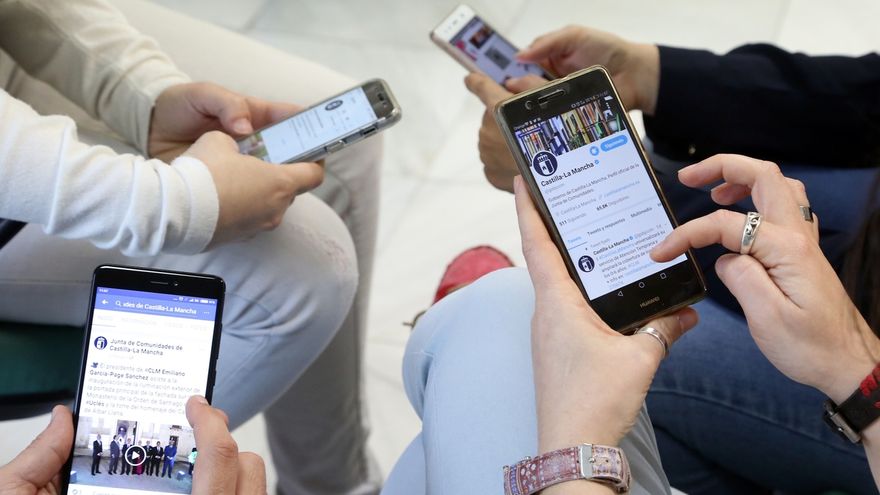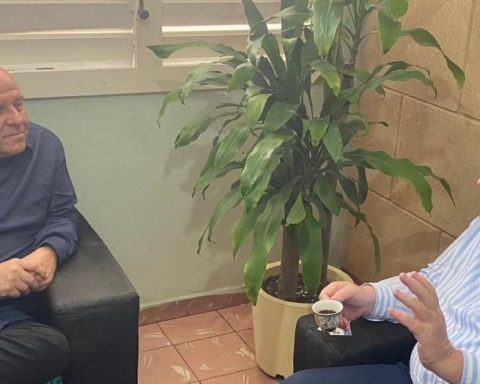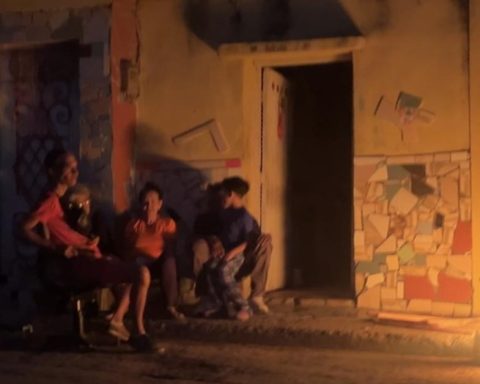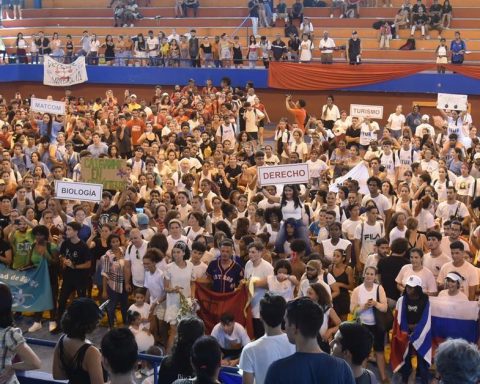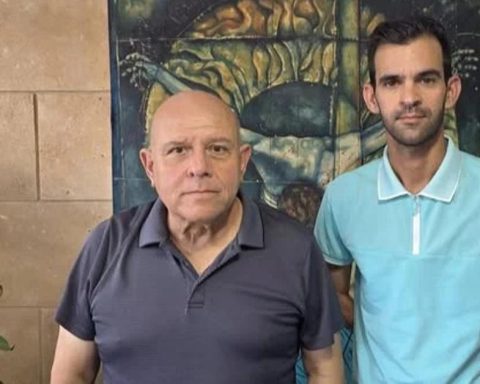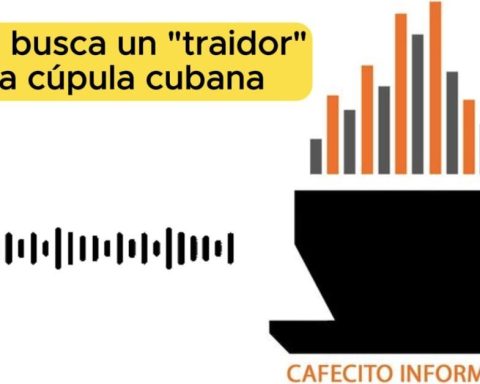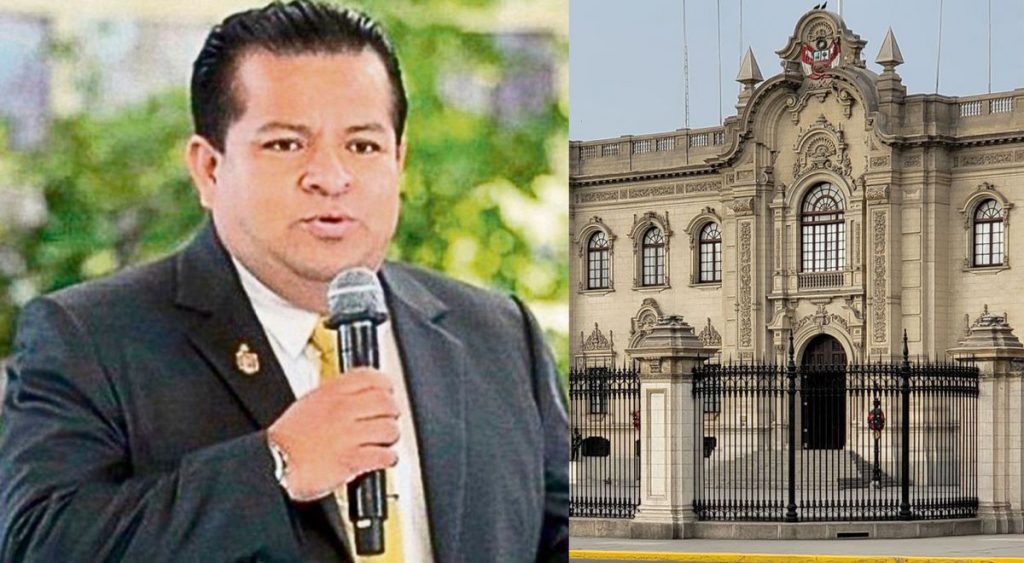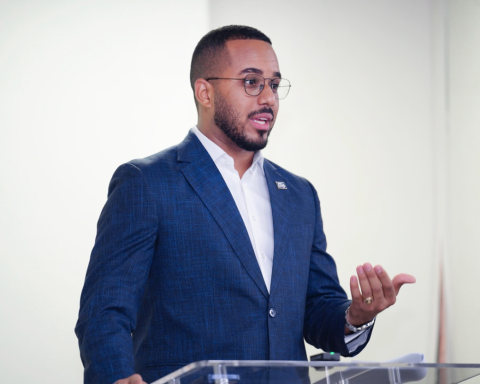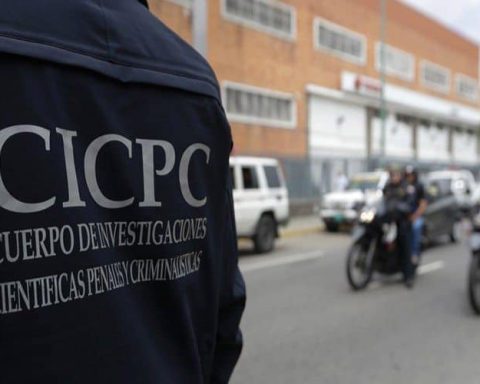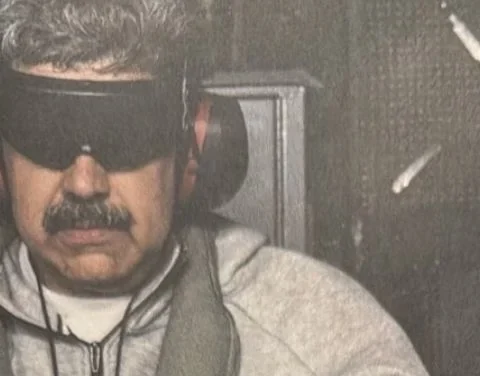The state coffers have received millions from the operators, but the service has not improved or its coverage has been expanded.
This November 25, 2021, the Global Mobile Ecosystem Association (GSMA) unveiled a new report that, among its main conclusions, establishes that the high taxes and costs charged to the operators of mobile phone they have caused that it is not invested in technological and service improvements.
Ecuadorian users have been directly affected because the download speed is 40% lower than the regional average. In addition, the goal of reaching 80% coverage in 4G has been delayed by more than a year.
The result is that mobile internet is one of the most expensive and slowest in Latin America.
“In Ecuador, annual payments, particularly administrative fees for spectrum use, have become a growing portion of the cost of this resource. This heavy load has reduced the capacity and incentives to invest of the operators, hurting the users ”, says Lucas Gallitto, director for Latin America of GSMA
The study ensures that the cost of spectrum in Ecuador is three times above the cost of the regional average. While in 2010 it represented 10% of the recurring income of the operators, now it eats 16%.
Additionally, a lower volume of spectrum has been delivered than its peers in other Latin American countries. By the end of 2020, Ecuador had allocated around 280 MHz of spectrum for use mobile, well below the regional average of 400 MHz.
Thus, a scenario of low efficiency is configured where there is a large space for growth, but which is wasted because it is privileged to charge more to the operators. There is no innovation or incentives for improvement
Gallitti stressed that the high price, defined in a large percentage by the State, and not by supply and demand, has generated negative effects both in the deployment of new networks and in the quality of the service of mobile phone in the country.
According to the study, the renewal of the 1900 MHZ band was seven times more expensive than the measure in Latin America; and the 900 and 1700 MHz band was five times higher.
All these situations must be taken into account by the current Government within the negotiation process that it is already carrying out with mobile service companies for the renewal of spectrum concession contracts. That process should conclude in 2023.
Within the tax reform that is being discussed in the Assembly, national authorities have included the possibility that telephone companies can pay for part of the spectrum with direct investments to expand services for remote sectors.
In recent years, taxes and fees charged to operators have not been used to improve the telecommunications sector, but have gone to the ruin of the state budget to cover current expenses.
For example, Governments in previous periods received more than double what they needed to close the digital divide, but wasted it for other purposes. (JS)
IT MAY INTEREST YOU:
First lady’s speech on gender-based violence receives criticism
The average worker does not have enough life to save for a house
